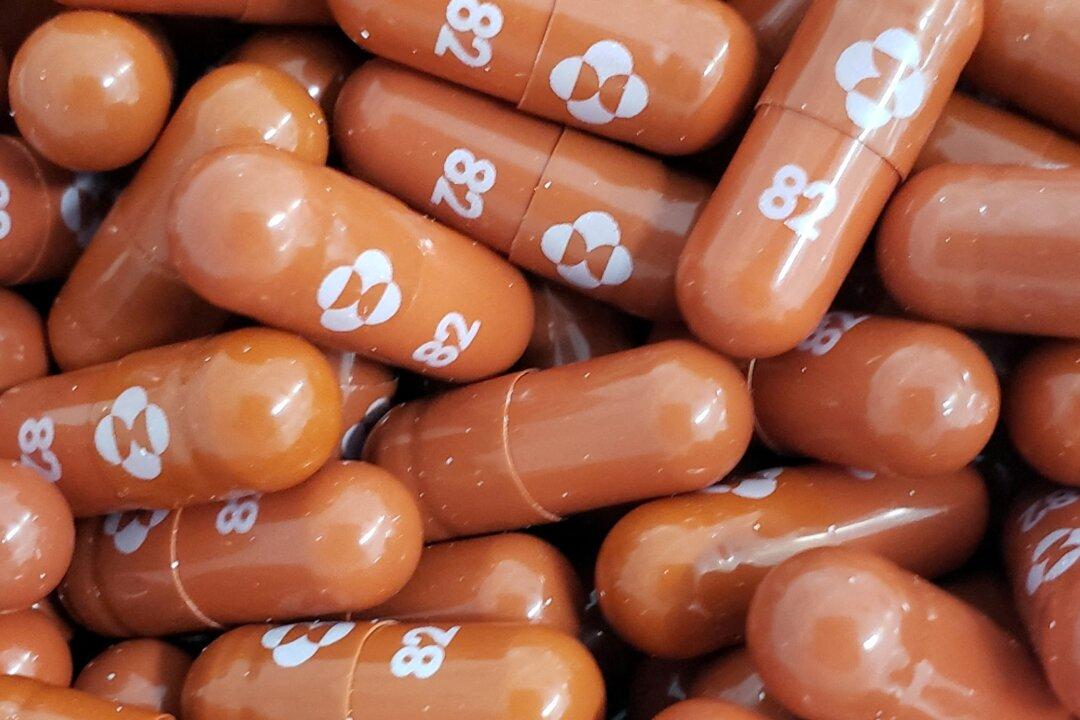The phase 3 clinical trial of Merck’s COVID-19 antiviral molnupiravir, branded as Lagevrio, has ended up in failure, as participants who took the medication did not exhibit any significant reduction in the risk of contracting the illness.
The trial was conducted among 1,500 participants who randomly received Lagevrio or a placebo orally every 12 hours for five days. It evaluated people who did not have symptoms of COVID-19, but lived in a household where another individual was recently confirmed with the infection.





